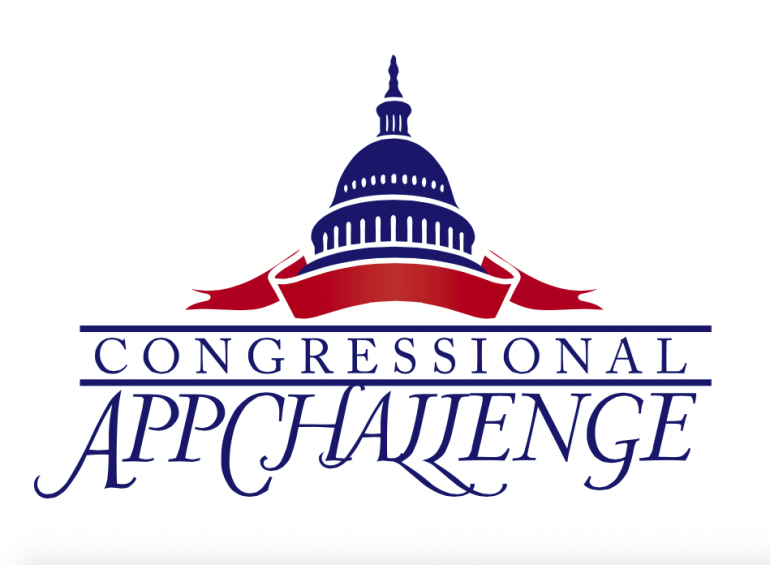WASHINGTON — If you’re a high schooler in Maryland and want to create “an app for that,” Congress wants to see it.
Lawmakers are challenging local students to channel their enthusiasm for all things technological to make the app world a better place.
The annual Congressional App Challenge is part of a larger initiative created by the U.S. House of Representatives to foster science, technology, engineering and math (STEM) innovation, and is meant to underscore the growing importance of numbers-based and technology-centered skills in high schools.
The challenge is organized by congressional district, and this year 154 House members from 39 states are participating. Among them are Reps. Donna Edwards, D-Fort Washington, Steny Hoyer, D-Mechanicsville, Dutch Ruppersberger, D-Timonium, and Chris Van Hollen, D-Kensington.
“We know that in the coming years we will continue to see significant growth in computer programming job opportunities, which are well-paying jobs that allow people to (secure a middle-class living across the country) and here in Maryland,” Hoyer said in a statement.
The academic competition, which is open to all high school students residing in participating congressional districts, requires students to develop an original and innovative software application compatible for mobile, tablet, desktop or any computer device on a platform of their choosing. The winners of the Congressional App Challenge for each district will be recognized by their members of Congress and will be on display in the U.S. Capitol among other winning apps from across the nation.

“Experts believe the U.S. may be short as many as three million high-skilled workers by 2018 – so a smart student knows that many of the jobs of the future are in the STEM fields,” Ruppersberger said in a statement. “If we want to maintain our country’s competitive edge, we have to invest in our youth today and help them hone these necessary skills. This contest is a great way to do that.”
The challenge began Nov. 9 and the deadline for entry is Jan. 15. Competitors must submit their app along with a demonstration video explaining the product’s functions to the contest website, challenge.gov.
A panel of independent judges will evaluate the entries based on the creativity of the ideas, what the user experience is like, and how well students showed their command of coding and programming skills.
Last year, Christopher Delen, Austen Edelenbos and Ruth Ndekhedehe snagged the winning title for Ruppersberger’s contest. The three Chesapeake High School students from Essex, Md., created an app called “Bayhawk APPlied,” which serves as a guide for popular sites around Washington’s National Mall. Because the software uses cell phones’ GPS systems, it can textually and audibly inform users about nearby attractions.
“After working on this app, I had realized that there was something to be said about a teenager who single-handedly coded a congressionally-recognized and -awarded app,” said Delen, who is now a computer science major at the University of Maryland, Baltimore County. “This is what drove me to pursue a future in programming and computer science.”
In addition to being publicly displayed in the Capitol’s Cannon Tunnel, “Bayhawk APPlied” is now available on Google Play.
“Since the launch of the app I have pursued a future in the mobile application development field,” Delen said. “Having the experience of the challenge under my belt helped bolster my resume and college applications. I have a firm belief that my accomplishments with the challenge were certainly deciding factors in my college and job applications.”


You must be logged in to post a comment.